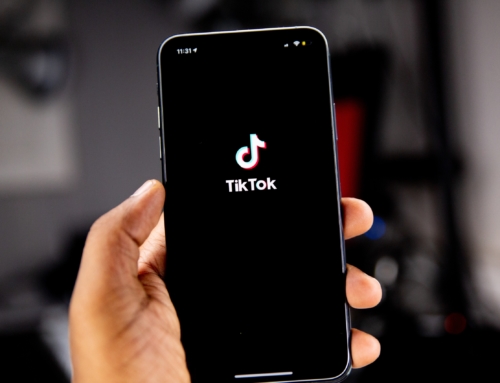Back in August, Facebook admitted it had been supplying ‘generous’ video view metrics over the last two years. By ‘generous’, we mean an inflation of up to 80%! Facebook metrics seems to also influence a huge impact in overall content of each facebook account pages.
To make matters worse, early this week the social network revealed four other miscalculations in its reporting, as reported by AdNews. This includes over-stating time spent reading Instant Articles, inflating organic reach counts, inconsistent numbers of video completions and exaggerated app referrals.
What exactly has been miscalculated?
- Organic reach: Since May 2016, repeat visitors were not de-duplicated making seven-day averages 33% lower and 28-day averages 55% lower in the corrected measurement.
- Video completion lengths: There has been an under-count of the number of full video completions. In the corrected measurement, these increase by around 35%.
- Instant Articles: The time users spent reading Instant Articles was over-reported by 7-8% since August 2015.
- App referrals: There was a 6% exaggeration as Facebook was counting all clicks on content produced by apps rather than clicks that went straight to a business’s app or website.
What is Facebook doing about this?
Facebook has set up a global measurement council and has expanded its third party measurement to avoid discrepancies like these in the future.
Should we trust Facebook metrics?
There’s no doubt trust issues have emerged following the announcement of these reporting errors. While we should definitely keep an eye on the metrics supplied by Facebook, it’s always best to go back and look at your own internal goals for social media. Did that new post-type perform better than you thought? Did people comment on your ad? Have you seen an increase in app downloads?
Want to learn more about how to read and analyse Facebook metrics? Check out our social media training services.







